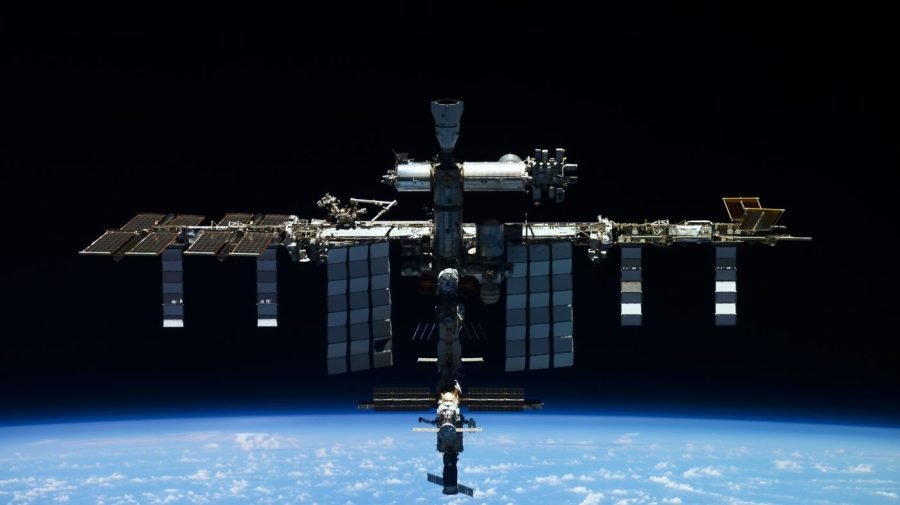
Astronauts embarking on long-term space missions could eat space food made from a protein powder that includes a mix of thin air and urine.
The European Space Agency launched a pilot program called HOBI-WAN (Hydrogen Oxidizing Bacteria In Weightlessness As a source of Nutrition) that is moving to test whether it is possible to use a protein powder called Solein that requires just microbes, air and electricity to make.
Solein relies on urea, an organic compound found in urine, as a nitrogen source for protein synthesis.
The protein powder developed by Finnish startup Solar Foods will be tested by the ESA in a future mission aboard the International Space Station.
It marks the first time the kind of technology used to develop the powder will be used in a space environment.
ESA said the first phase of HOBI-WAN will look at developing the technology on the ground before testing those capabilities in a microgravity environment like space.
Developers hope Solein will be widely used by space agencies by 2035.


